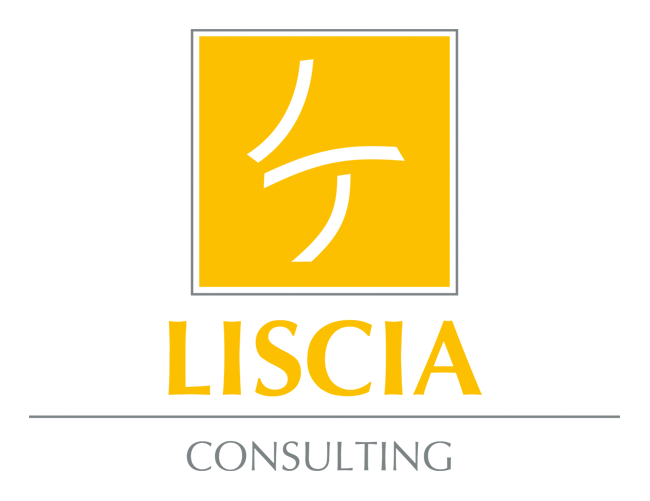Cross your heart: Did you or did you not think that bit about a comfortable atmosphere for Gen Z was going too far? You believe life shouldn’t be easy at the bottom, right? Or that it’s not asking too much to check your mails aft er work?
We have heard this often enough from discussions with our own clients. Many employers complain, for example, that Gen Z insists on a strict work-life separation, as we explained in the last chapter. Th is generation is very reluctant to work overtime, receive mails and calls after hours or postpone a date because there’s a deadline to be met. They not only voice their reluctance, they make no bones about it. Now, you can let this annoy you as much as you like, but essentially you have no choice but to adapt and react accordingly. Th e shortage of skilled workers In Germany cannot be overlooked and it has reach an all-time high, with 558,000 vacancies – despite the pandemic and war in Ukraine.[1] And, as we mentioned in the last chapter, the situation is only going to intensify in the coming years.
Like no other generation before them, Generations Y and Z are in high demand – an excellent basis for selfconfidence and voicing demands. Particularly Generation Z has outstanding apprenticeship and career prospects. […] these young people are no longer lowly applicants when they appear in companies or agencies. Demo-graphic developments are playing directly into their hands. 60 percent of them are well-educated and […] are free to pick and choose.[2]
Skilled worker shortage, demographic change – whether you like it or not, no one can afford to ignore the younger generation’s needs and desires. Today’s employers must invest much more time and money if they hope to win the War for Talents, i.e. secure good employees for their enterprise. Not just anybody will do, they must be highly qualified, well-educated and, ideally, deeply dedicated, engaged employees. Well, if that’s all you want, then just practice this simple formula: E2 = E3 or, spelled out, Employee Engagement = Extreme Employer Engagement. The more engagement you expect from your staff, the more engaged you must be as their employer. Employer branding has never been so important as it is today. What applies to marketing, applies to recruiting: a strong trademark sells more products and a strong employer name fills open positions faster. More than ever, companies need to strengthen their name, attracting potential applicants based on their excellent employer reputation. This is the only way to attract and recruit enthusiastic new talents for your business. […]
So why hesitate to do everything in your power to keep the employees you have? The best recruiting is and will always be inspiring employee loyalty. “But we are already doing so much!” Leaders often protest during our talks. “Really?” We counter. If you believe your Extreme Employer Engagement goes the distance, we recommend you take some time and ask yourself five simple questions:
- How often do my employees smile at work?
- Do my people gladly serve their leaders and business?
- When was the last time my staff surprised me, approaching me with truly innovative ideas that hold an enormous surplus value for our enterprise?
- How many new applicants are a result of my employees’ recommendation? Do they recommend me at all?
- Do I really know the people who work for me? Do I listen to them deeply? […]
And you can forget compensating your lack of employer engagement with an excessively high salary. Money no longer has the leverage it once had. Today’s jobseekers are more interested in asking probing questions such as: What are your company’s objectives? With which leadership strategy do you pursue them? Are you only out for profit or will my work have a deeper meaning? Not only the younger generation are asking, older applicants also wish for meaningful (not just gainful) employment, seeking a purpose with which they can identify. Long gone are the days of punching the clock or chasing the biggest buck to pay for off your mortgage. Employment seekers’ focus has shifted instead to examining their potential employer’s intentions. In this context we often hear of the purpose driven organization. The number of businesses that encompass […] social-ecological added value in their work is growing rapidly. Today, many people choose to work for and buy from companies with humane and/or ecological intentions and have no interest in ripping off their employees, suppliers or customers. This doesn’t mean that money and status are obsolete. But many people are prepared to forego money and status when they feel their work is meaningful.[3] […]
Plainly put, conceivably 85 percent of the German workforce could walk off the job at any moment. Shocking, isn’t it? Mix that with young, well-educated applicants free to pick and choose who they work for, you end up with an explosive cocktail. Companies absolutely must activate their extreme employer engagement. When you are or aim to be an employer and fail to serve your employees, they will simply leave you in the lurch. There are plenty of other options!
An excerpt from the book “Leadership is More – 27 Questions We Too Can Answer” written by Gianni, Jan & Marcello Liscia, 2022
[1] Cf. zeit.de, Fachkräftemangel. Zahl der off enen Stellen für Fachkräfte erreicht Höchststand/ Skilled worker shortage. Number of vacant positions peaks, pub. May 14, 2022.
[2] zeit.de, Nicht ohne meine Eltern. Generation Z/Not without my parents. Generation Z, published Nov. 26, 2018.
[3] zeit.de, Sinn ist die beste Motivation überhaupt. Zufriedenheit im Job, veröffentlicht am 13.03.2019.




